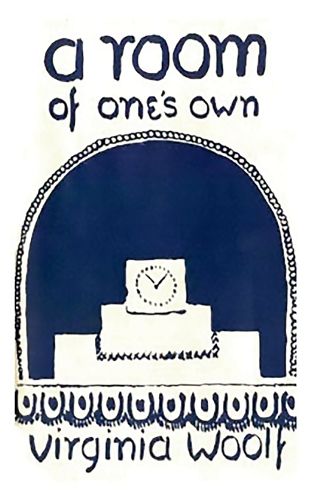Readings Newsletter
Become a Readings Member to make your shopping experience even easier.
Sign in or sign up for free!
You’re not far away from qualifying for FREE standard shipping within Australia
You’ve qualified for FREE standard shipping within Australia
The cart is loading…






This title is printed to order. This book may have been self-published. If so, we cannot guarantee the quality of the content. In the main most books will have gone through the editing process however some may not. We therefore suggest that you be aware of this before ordering this book. If in doubt check either the author or publisher’s details as we are unable to accept any returns unless they are faulty. Please contact us if you have any questions.
The essay is written in a conversational and accessible tone, blending fiction and fact. Woolf adopts a semi-fictional narrator, allowing her to weave in stories, anecdotes, and hypothetical scenarios to illustrate her points. Her fluid prose and use of stream-of-consciousness enhance the essay's reflective and persuasive qualities.
Woolf argues that women need financial stability and personal space to produce great works of art. Without these resources, women are constrained by the demands of survival and societal expectations.
The famous quote, "A woman must have money and a room of her own if she is to write fiction," encapsulates this idea.
Woolf explores the historical exclusion of women from educational and artistic opportunities, using the example of Shakespeare's hypothetical sister, Judith. While equally talented, Judith's lack of access to education and freedom would prevent her from achieving her brother's success.
Woolf critiques the male-dominated literary canon and the portrayal of women in literature, asserting that many works by men reflect a distorted view of women shaped by societal power dynamics.
Woolf proposes that the ideal mind is androgynous, capable of transcending gender biases to achieve greater artistic and intellectual insight.
$9.00 standard shipping within Australia
FREE standard shipping within Australia for orders over $100.00
Express & International shipping calculated at checkout
This title is printed to order. This book may have been self-published. If so, we cannot guarantee the quality of the content. In the main most books will have gone through the editing process however some may not. We therefore suggest that you be aware of this before ordering this book. If in doubt check either the author or publisher’s details as we are unable to accept any returns unless they are faulty. Please contact us if you have any questions.
The essay is written in a conversational and accessible tone, blending fiction and fact. Woolf adopts a semi-fictional narrator, allowing her to weave in stories, anecdotes, and hypothetical scenarios to illustrate her points. Her fluid prose and use of stream-of-consciousness enhance the essay's reflective and persuasive qualities.
Woolf argues that women need financial stability and personal space to produce great works of art. Without these resources, women are constrained by the demands of survival and societal expectations.
The famous quote, "A woman must have money and a room of her own if she is to write fiction," encapsulates this idea.
Woolf explores the historical exclusion of women from educational and artistic opportunities, using the example of Shakespeare's hypothetical sister, Judith. While equally talented, Judith's lack of access to education and freedom would prevent her from achieving her brother's success.
Woolf critiques the male-dominated literary canon and the portrayal of women in literature, asserting that many works by men reflect a distorted view of women shaped by societal power dynamics.
Woolf proposes that the ideal mind is androgynous, capable of transcending gender biases to achieve greater artistic and intellectual insight.